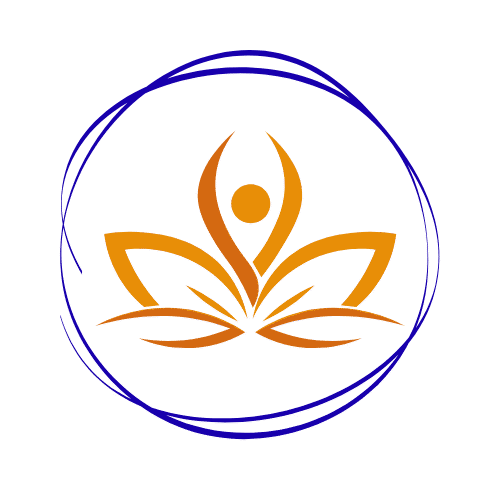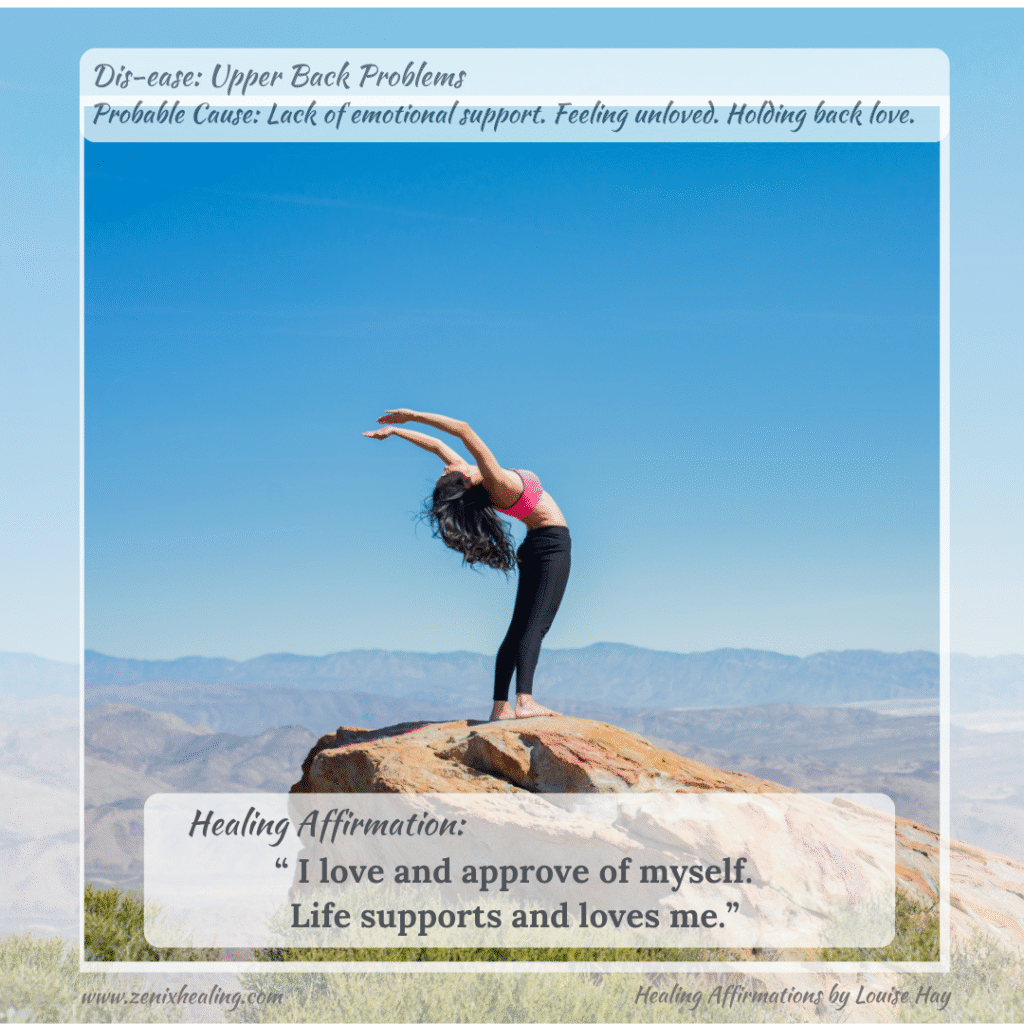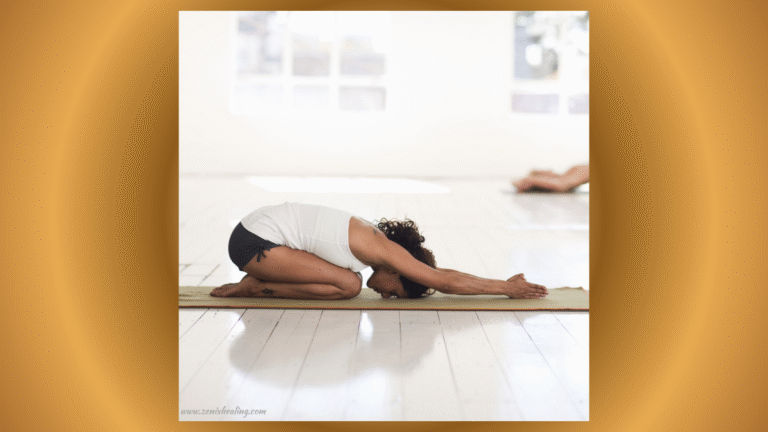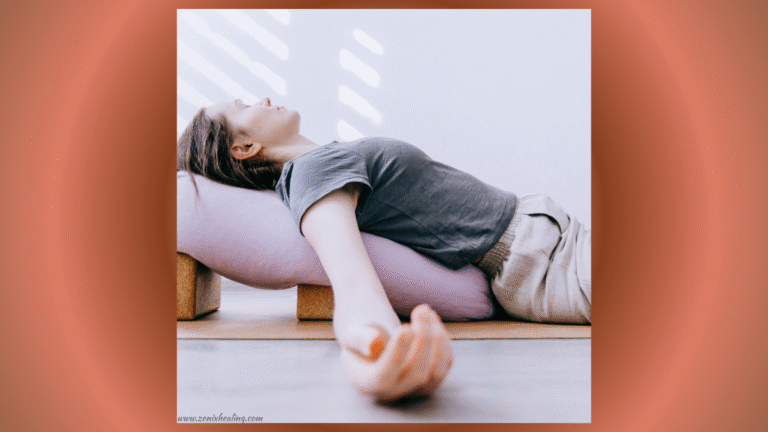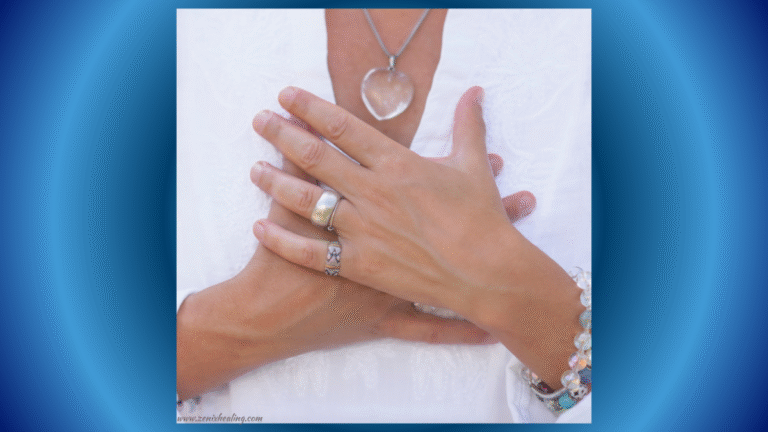Upper back problems are a common physical issue that can lead to chronic discomfort, stiffness, and reduced mobility. This part of the body, comprising the thoracic spine, shoulders, and surrounding muscles, plays a crucial role in posture and movement. When pain or tension arises in the upper back, it can interfere with daily tasks such as lifting, sitting for long periods, or even sleeping. Over time, untreated upper back issues may affect overall energy levels, mood, and quality of life, creating a ripple effect across physical and emotional well-being.
From the metaphysical perspective of Louise Hay, a pioneer in mind-body healing, upper back problems often stem from a lack of emotional support or feeling unloved and unappreciated. She believed that emotional burdens manifest physically, and upper back tension may reflect the “weight of the world” being carried without adequate help or encouragement. According to Hay, self-worth and self-approval are key factors in healing, and she offered the affirmation: “I love and approve of myself. Life supports and loves me.” Repeating this affirmation regularly can help shift underlying emotional patterns, encouraging the body to release tension and align with healing.
Holistically, upper back pain can be addressed through a variety of non-invasive practices that support both physical and emotional wellness. Gentle movement therapies such as yoga, tai chi, and qigong help stretch and strengthen the upper back while promoting emotional balance. Mindfulness and meditation, especially when paired with healing affirmations like Hay’s, can help reduce stress and calm the nervous system. Massage therapy and chiropractic care may also provide physical relief while encouraging deeper relaxation and connection to the body.
Lifestyle adjustments play a significant role in managing and preventing upper back issues. Simple habits such as improving posture, using ergonomic chairs, taking regular breaks from screens, and sleeping with proper support can significantly ease upper back strain. Nutrition also supports healing; a diet rich in anti-inflammatory foods—like leafy greens, turmeric, omega-3 fatty acids, and berries—can reduce muscle inflammation. Ultimately, addressing upper back problems requires a compassionate, holistic approach that honors both body and mind, reminding us to care for ourselves not just physically, but emotionally and spiritually as well.
